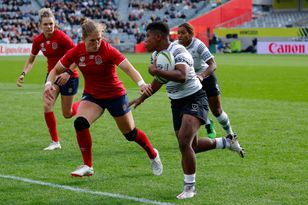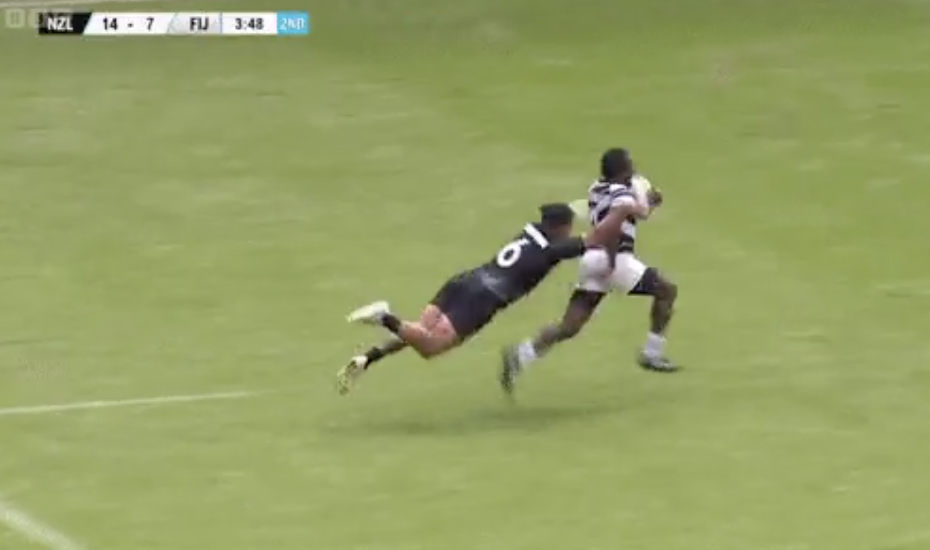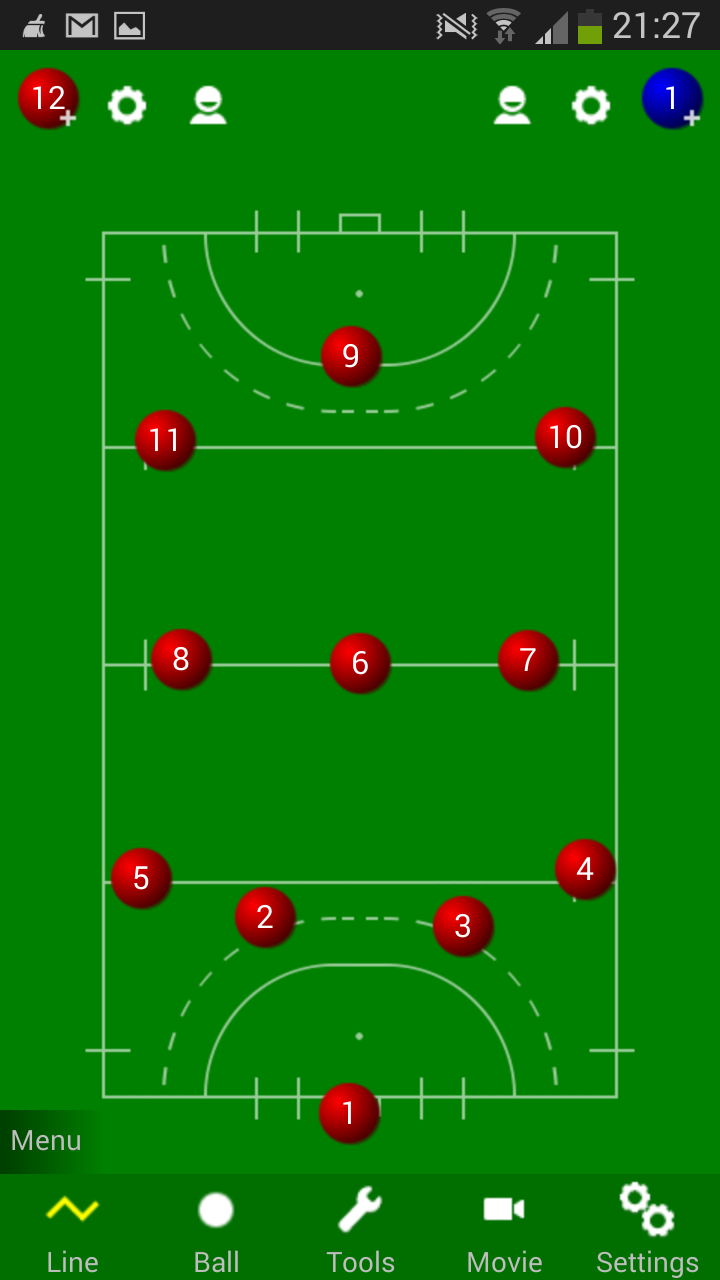
Props are a crucial part of the rugby game. They are vital to the success of a team and can take some heavy beatings. While props may not be the fastest players on the field, their presence is crucial. If you want to become a prop, you'll need to develop great strength and power.
In addition to strength, a good prop should be able to perform a variety of tasks. These tasks could include carrying the ball, passing, or securing it. A good prop should be able to perform specialized duties for a given role, while also having the ability to work collaboratively with other forwards.
Props are the most important players in a rugby team. They are also the only player who is directly confronted with their opponents. Props should be strong, powerful and able use their size to advantage.

A rugby prop's ability to carry a heavy load is its most striking feature. Props carry the ball on their shoulder and use their weight to win the ball off dead ball set pieces. During scrums, props are the big men in the pack, whose job is to hold up the scrum and keep the ruck going.
Another feat is how props can't jump as high as flankers. They must learn how they can use their height. To keep their base stable and upright, props can use shorter leg extensions.
Props have the added advantage of technical knowledge that can pull off a multitude of tricks during scrum. A prop might have the technical know-how to perform a side step to pass an opponent's ball. A prop may also be able perform a snagging motion in order to protect the ball from an enemy.
A prop's primary task, aside from their specialized duties, is to aid the front line in being a cohesive team. Props play an important role in protecting the lineout and breaking through lineouts.

Props are often able take the ball into a scrum. Props will also be able help the hooker to make soft swinging movements of his foot.
Props are an important part of the sport and should be trained properly. Props can achieve their full potential when they have access to a quality workout and healthy eating habits.
Props should also be encouraged to lift heavy weights, such as squats, overhead presses, and chin ups. However, it is important not to push the limits during the season. This could lead to injury and a shorter season. It is also important to know that all players should perform the Zercher exercise. It's a variation on the standard Farmer's Walk and is a great way to increase mental toughness and develop anaerobic fitness.
FAQ
Can kids participate in extreme sports?
This depends on whether we are talking about sports as a whole, or just one sport. They should attempt all sports activities. It would be different if they were talking about skiing or other types of sports. Extreme sports like bungee jumping are enjoyed by some while others enjoy more gentler options such as downhill ski. It also depends on the amount of risk involved. One example is that someone who enjoys bungee jumping might not like skydiving due to fear of heights.
Where did extreme sports originate from?
Extreme sports began with parachuting. Parachuting was created during World War II. 1942 was the year that saw the first parachuting jump.
Parachutists were able to jump from both gliders or airplanes. They flew fast down to the earth. Then they opened their parachutes.
Parachute jumps could be deadly. These parachutists also died. Paragliding was popularized after the war.
1948 was the year of the first paraglider flight. It took place near Lake Garda (Italy). Since then, paragliding has continued to grow in popularity. Paragliding is a popular sport that thousands take part in each year.
Para-gliding is a different sport than parachuting. Instead of landing on the ground, para-gliders land on water.
How long does it take to learn how to ski or snowboard?
You might not be able learn how to snowboard right away.
Most people start learning at about five years old. Some kids begin practicing at two years of age.
What skills is required to participate in extreme sports
You must practice each day to become proficient in extreme sports.
Learn new moves and tricks by practicing. This will help improve your performance.
You must also master basic safety rules before trying anything new.
Helmets are a good example of protective gear that you should wear. It is important to keep your eyes on others.
Stunts should not be performed without a spotter. A spotter watches over you during your stunt.
Who participates in the extremes?
People of all ages and abilities participate in extreme sports. Extreme sports are equally popular with children as they are for adults.
You can play tag, dodgeball and capture the flag with younger children. You can also join a team and compete against other kids.
Adults are able to participate in both individual and team sports. There are many ways to find a group to play in.
Ask someone who has already played it to show how you can start.
Statistics
- Approximately 50% of all wakeboarders have been participating in the sport for 1-3 years. (momsteam.com)
- Since 1998, overall participation has grown nearly 25% - from 5.2 million in 1998 to 6.5 million in 2004. (momsteam.com)
- Nearly 40% of all mountain bikers have at least graduated from college. (momsteam.com)
- Overall participation has grown by more than 60% since 1998 - from 5.9 million in 1998 to 9.6 million in 2004 Artificial Wall Climbing. (momsteam.com)
- Based on the degree of difficulty, the routine is scored on form and technique (50 percent), takeoff and height (20 percent), and landing (30 percent). (britannica.com)
External Links
How To
How can you learn parkour skills
Parkour, a form of free running, is where people run across obstacles such as walls and buildings. Parkour is a popular sport with millions of people around the world. Parkour is a variety of techniques that include wall climbing (freestyle), obstacle course, urban exploration and rescue, freerunning, urban combat and many others.
Any activity that increases your health and physical fitness can be called fitness. It could mean going to the gym or walking. Parkour can be considered a sport, as it requires parkour athletes to use their strength, speed and coordination.
These are some tips to help beginners get started in parkour training:
-
Places that can cause injury or stairs should be avoided. Flat ground is best, so avoid hills. However, if you have the ability to climb up a tree then do so.
-
Shoes made from leather, rubber, or leather should be worn. You don't have to choose the right shoe for you. You can make or break your parkour session by choosing the right shoes.
-
Bring water bottles and snacks to keep yourself hydrated during practice sessions.
-
Warm up before you start a parkour class. Warming up means that you need to warm up before you can get into the action. Start slow and build intensity slowly until your muscles feel fully warmed up.
-
Do not rely too much on your arms and legs when jumping. Instead, focus more on using your core and back muscles to get over obstacles.
-
Don't push yourself too much; take breaks every once in a while. This will allow your body to recuperate from the exercise without getting hurt.
-
You can listen to music while doing parkour. Music helps you to relax and concentrate.
-
Stretch your muscles and joints after each session to prevent injury.
-
When you are exercising in public, make sure to keep your hands clean. You will not endanger someone else.
-
Keep track of your progress by noting down your performance in a journal. This will allow you to keep track of your strengths and weak points.
-
Parkour is fun! Enjoy the journey and don't let fear of falling stop you from enjoying it. Don't be discouraged if you fall.
-
Every day you can learn new tricks.
-
Eat healthy food. You will gain muscle mass quicker if you eat a lot of protein.
-
You should find a mentor. Mentors can teach you certain moves and offer advice on how to improve your skills.
-
Do not be afraid to ask for clarifications. The people who love to share their knowledge with others are always happy to answer questions.
-
Practice makes perfect. Get out there and train as often as you can.
-
Have fun
-
Stay safe, last but not the least!